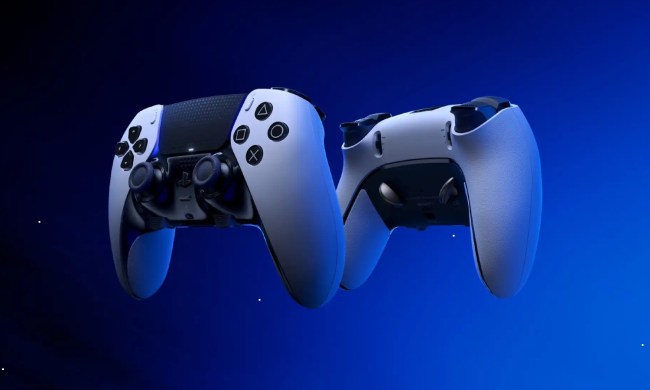PlayStation owners can finally use the PS5 DualSense controller with Sony’s Remote Play app on Apple devices. The added support follows a recent iOS update that included next-gen controller compatibility.
The Remote Play app allows PlayStation owners to stream PS4 and PS5 games to Android and iOS devices. Previously, players had to use either the PS4 DualShock controller or touch screen options to control PS5 games.
The app’s new 4.0.0 update finally brings DualSense compatibility to Apple devices. That move was made possible by Apple’s recent iOS 14.5 update, which added support for both the new PS5 and Xbox Series X controllers.
Remote Play is now available using the DualSense wireless controller to play compatible games on a range of Apple devices. Full details: https://t.co/4fpa77oFqx pic.twitter.com/Z2BlehDLjO
— PlayStation (@PlayStation) May 10, 2021
To see it in action, head over to the App Store and download the free PS Remote Play app. To sync a DualSense to an iPhone or iPad, hold down the PS and Capture buttons at the same time to put it into pairing mode. Once that’s activated, head into the Apple device’s Bluetooth settings and select the DualSense controller.
Once that’s set up, players can use the DualSense in the Remote Play app. The only catch is that the controller’s special features aren’t compatible for the most part. In our tests with Returnal, haptic feedback and built-in speaker sounds did not work. The controller’s adaptive triggers did function as they do on PS5, however.
The update is an important one for Sony as its competitors buff up their cloud streaming compatibility on iOS. Google Stadia recently came to Apple devices and Microsoft’s own service is currently in beta there. While Remote Play isn’t a streaming subscription library like Xbox Game Pass, it’s a powerful free tool for PlayStation owners that adds portability to PS5 titles.



